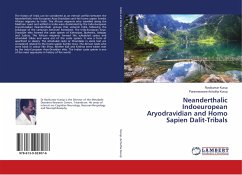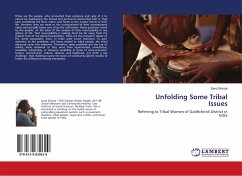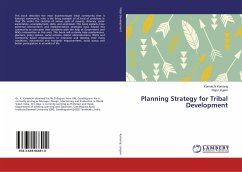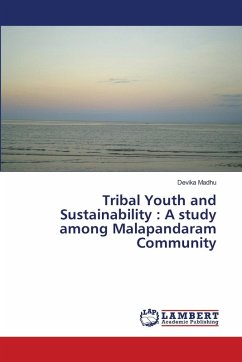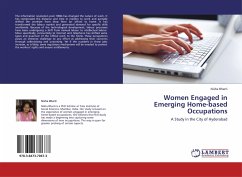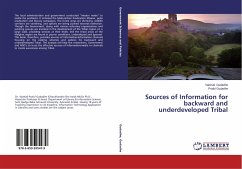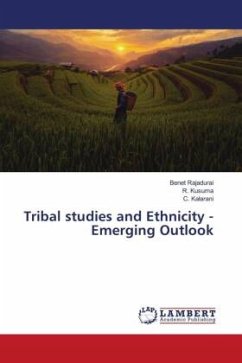
Tribal studies and Ethnicity - Emerging Outlook
Versandkostenfrei!
Versandfertig in 6-10 Tagen
40,99 €
inkl. MwSt.

PAYBACK Punkte
20 °P sammeln!
A tribal community in the Constitution of India is known as scheduled tribe (ST) and accounts for 8.6 percent of the total population of the country as per 2011 census. They are spread across all over the country residing mainly in the forest and hilly region. The essential characteristics of these communities are primitive traits, geographical isolation, distinctive culture, shyness of contact with other communities and backwardness. After the independence, many programmes, policies and laws have been introduced by Government for the development of tribal community. This is a worrisome point ...
A tribal community in the Constitution of India is known as scheduled tribe (ST) and accounts for 8.6 percent of the total population of the country as per 2011 census. They are spread across all over the country residing mainly in the forest and hilly region. The essential characteristics of these communities are primitive traits, geographical isolation, distinctive culture, shyness of contact with other communities and backwardness. After the independence, many programmes, policies and laws have been introduced by Government for the development of tribal community. This is a worrisome point that we have spent more than six decades and massive investment for development of trial's but we could not achieve the desired goals. This book on "Tribal studies and Ethnicity - Emerging Outlook" gives clear-cut information about the problems and prospects of trial's in India.



